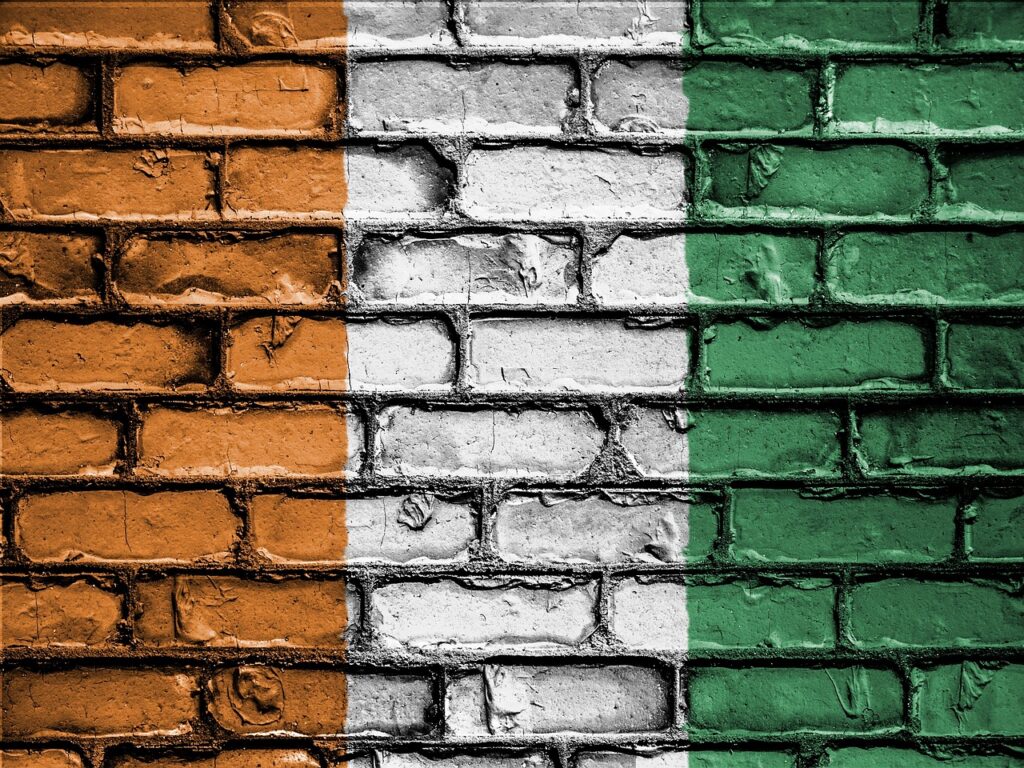
The government increased efforts to identify and protect victims. The government reported identifying and referring to care at least 1,185 trafficking victims, including 419 sex trafficking and 766 forced labor victims, compared with identifying and referring 1,190 victims to services during the previous reporting period. The majority of identified victims were foreign nationals, mostly from Nigeria; victims were also from neighboring west African countries, Vietnam, and Thailand. The government initiated a pilot program to identify vulnerable children using the streets as a source of livelihood, which may include children exploited in forced labor or sex trafficking; authorities referred the children to care centers and, where possible, foster families. Due to the lack of a centralized data collection system and conflation of trafficking with other crimes, victim identification data likely included cases that were not human trafficking, including child labor and sexual abuse. NGOs also reported identifying six sex trafficking and 37 forced labor victims.
The government began implementing an NRM with standardized procedures to proactively identify trafficking victims and refer them to care; officials utilized the NRM to refer victims to services during the reporting period. The NRM directed law enforcement to alert CNLTP when officers identified a victim and CNLTP subsequently coordinated victim referral to services. International organizations, with some government support, trained law enforcement, social workers, and other government stakeholders on the NRM’s procedures. However, government and civil society stakeholders reported the NRM was not yet fully operational, and officials required additional training on the NRM’s procedures. The government typically referred adult trafficking victims to NGOs or host families and child victims to NGO and government-run shelters or foster families when necessary. Officials could also refer trafficking victims for psychological care to government-run centers for victims of abuse. The government provided food, medical care, and psycho-social support to victims. The government, in partnership with an NGO, operated three shelters for vulnerable children, including two dedicated shelters for child labor and trafficking victims. There was no government-run or supported shelter that could accommodate adult trafficking victims. Government ministries lacked coordination, which hindered the provision of services in some cases. Law enforcement sometimes housed child trafficking victims in their offices for several days, providing basic necessities at their own expense until they could place the child in a shelter. The government provided limited in-kind support to NGOs caring for victims, including food and hygiene products, but did not provide any direct financial support. Observers reported government support for victim protection and services remained inadequate, and in many cases, NGOs funded and provided the majority of victim care. Observers also noted social workers lacked the resources and specialized training to effectively care for and monitor the reintegration of victims. The lack of services, especially for adults, and lack of reintegration assistance rendered many victims vulnerable to re-victimization. Foreign victims had the same access to care as Ivoirian victims. The government did not have a formal policy providing temporary or permanent residency to foreign victims who faced hardship or retribution in their countries of origin. In some cases, the government depended on foreign victims’ home embassies to provide shelter and care prior to repatriation. Stakeholders reported law enforcement sometimes used trauma-insensitive tactics when interviewing victims, including children.
Access to victim services was not dependent on cooperation with law enforcement proceedings. Ivoirian law required the government to provide protection and assistance, which could include legal assistance, shelter, victim-witness assistance, and voluntary return assistance to support victim participation in the criminal justice process; the government reported providing this assistance to some victims during the reporting period. Observers reported the government did not always provide or refer trafficking victims to legal aid, which hindered victims’ ability to press charges against alleged traffickers and, for foreign victims, to address immigration issues. Trafficking victims could file civil suits against traffickers, but none reportedly did so. Ivoirian law allowed victims to obtain restitution; courts ordered restitution in some cases, but no traffickers paid it during the reporting period. Due to inconsistent application of standardized victim identification procedures, some victims may have remained unidentified within the law enforcement system. International organizations reported border agents sometimes denied entry to foreign nationals, including potential victims, without screening for human trafficking indicators. Law enforcement officials reportedly only screened individuals in commercial sex for trafficking when detaining or arresting them.
from 2023 Trafficking in Persons Report – U.S. Department of State
2023 Trafficking in Persons Report – United States Department of State

